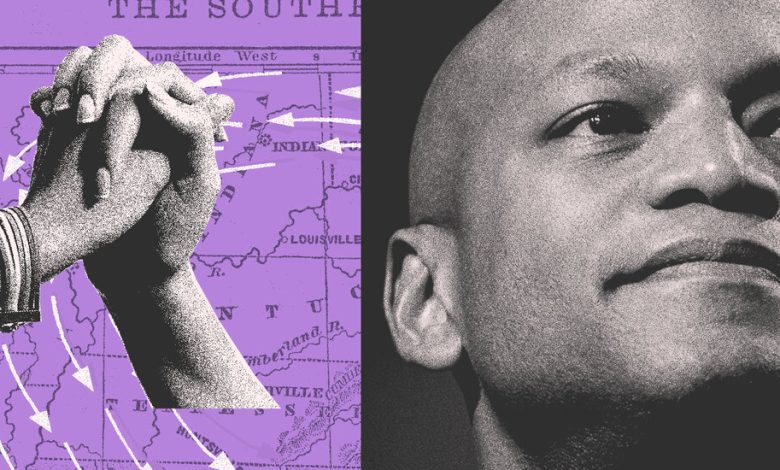Opposing Visions of a New South

Last week, Governor Wes Moore of Maryland, a Democrat, signed an executive order pardoning 175,000 marijuana convictions, saying, “Today, we take a big step forward toward ensuring equal justice for all.” But, he said, “this won’t be our last effort. We must continue to move in partnership to build a state and society that is more equitable, more just and leaves no one behind.”
Meanwhile, Governor Jeff Landry of Louisiana, a Republican, has recently signed several bills that he says are intended to “expand faith in public schools.”
One requires teachers and other school employees to address transgender students using the pronouns for the genders listed on their birth certificates — “God gives us our mark,” Landry said. The governor, The Advocate reported last year, “has an intensely anti-L.G.B.T.Q.+ record, having opposed anti-discrimination protections even though he has a gay brother” and, as Louisiana’s attorney general, he “pushed the state’s ban on gender-affirming care for trans youth.”
Earlier this month, as nola.com reports, Landry also signed a bill to “block transgender people from using facilities in schools, prisons and domestic violence shelters that align with their gender identity.” In a statement, he said that the bill “protects women’s safety and reinforces the very definition of what it means to be a woman.”
And as you’ve probably heard by now, another of the bills Landry just signed requires the Ten Commandments to be displayed in all Louisiana public-school classrooms, including at state-funded universities. “If you want to respect the rule of law,” Landry said, “you’ve got to start from the original lawgiver, which was Moses.” (The Babylonian Code of Hammurabi is almost certainly older, but I won’t get too technical.)
The paths taken by these two relatively young governors, one from the Upper South and one from the Deep South state from which I hail, represent opposite visions of what the South stands for and what its future should be.